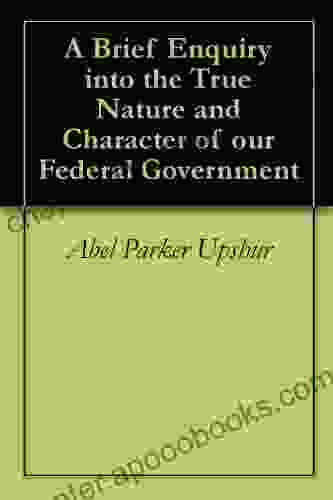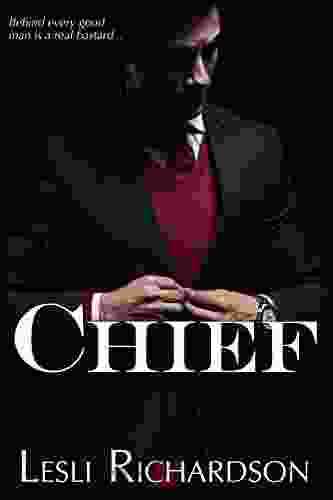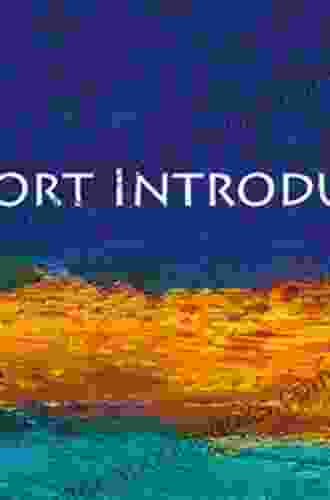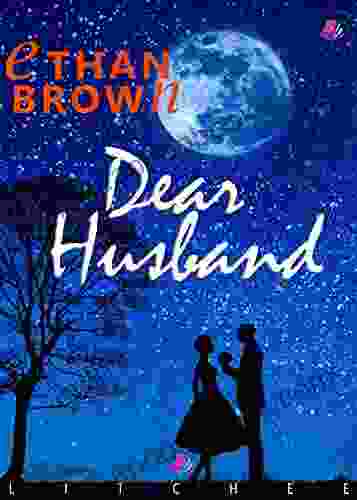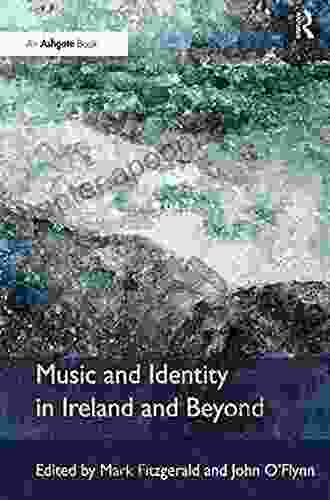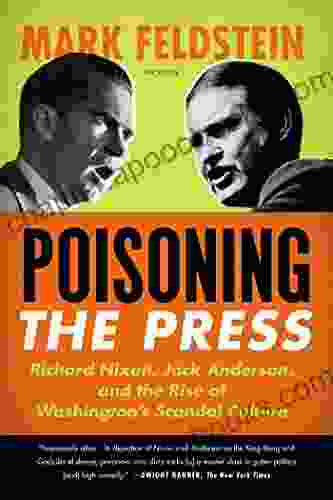Brief Enquiry Into The True Nature And Character Of Our Federal Government

Embark on an intellectual voyage into the intricate web of the United States federal government, unraveling its origins, structure, and the power dynamics that orchestrate its operations. This comprehensive guide, meticulously crafted by esteemed authors, serves as an indispensable resource for grasping the complexities of governance in the world's most influential democracy.
4.4 out of 5
| Language | : | English |
| File size | : | 203 KB |
| Text-to-Speech | : | Enabled |
| Screen Reader | : | Supported |
| Enhanced typesetting | : | Enabled |
| Word Wise | : | Enabled |
| Print length | : | 158 pages |
| Lending | : | Enabled |
Origins and Foundations
The roots of the federal government can be traced back to the Articles of Confederation, a loosely structured alliance among the original thirteen colonies. However, this framework proved inadequate, prompting the drafting of the Constitution in 1787. This seminal document established a more robust federal system, distributing powers between the central government and the individual states.
Structure and Powers
The federal government is meticulously structured to ensure a balance of powers, preventing any single entity from accumulating excessive authority. The Constitution delineates three distinct branches:
- Legislative Branch (Congress): Enacts laws, controls the federal budget, and exercises oversight over the executive branch.
- Executive Branch (President): Serves as head of state, commander-in-chief, and enforces laws passed by Congress.
- Judicial Branch (Supreme Court): Interprets the Constitution, reviews the validity of laws, and settles disputes between states and the federal government.
Checks and Balances
To safeguard against tyranny and ensure the harmonious functioning of the government, the Constitution incorporates a system of checks and balances. Each branch possesses the ability to restrain or influence the actions of the others:
- Congress can impeach the President and override presidential vetoes.
- The President can veto legislation passed by Congress.
- The Supreme Court can declare laws unconstitutional.
Judicial Review
The Supreme Court's power of judicial review is a cornerstone of the federal system. This unique ability allows the Court to determine whether laws passed by Congress or actions taken by the Executive Branch violate the Constitution. This authority ensures that the government operates within the boundaries established by the supreme law of the land.
Separation of Powers
The principle of separation of powers further safeguards against the concentration of authority. The Constitution assigns different responsibilities to each branch of government, preventing any single entity from dominating the political landscape. This division of powers fosters a system of checks and balances, ensuring that no one branch can overpower the others.
This brief enquiry has provided a comprehensive overview of the true nature and character of the United States federal government. From its origins to its structure and the interplay of powers, this guide has illuminated the complexities of governance in a modern democracy. Understanding these intricacies is essential for informed citizenship and active participation in the political process.
For a more in-depth exploration, delve into our comprehensive book, "Brief Enquiry Into The True Nature And Character Of Our Federal Government." This thought-provoking volume delves deeper into the historical, legal, and political aspects of the federal government, providing readers with a profound understanding of its workings and the challenges it faces in the 21st century.
4.4 out of 5
| Language | : | English |
| File size | : | 203 KB |
| Text-to-Speech | : | Enabled |
| Screen Reader | : | Supported |
| Enhanced typesetting | : | Enabled |
| Word Wise | : | Enabled |
| Print length | : | 158 pages |
| Lending | : | Enabled |
Do you want to contribute by writing guest posts on this blog?
Please contact us and send us a resume of previous articles that you have written.
 Book
Book Novel
Novel Page
Page Chapter
Chapter Text
Text Story
Story Genre
Genre Reader
Reader Library
Library Paperback
Paperback E-book
E-book Magazine
Magazine Newspaper
Newspaper Paragraph
Paragraph Sentence
Sentence Bookmark
Bookmark Shelf
Shelf Glossary
Glossary Bibliography
Bibliography Foreword
Foreword Preface
Preface Synopsis
Synopsis Annotation
Annotation Footnote
Footnote Manuscript
Manuscript Scroll
Scroll Codex
Codex Tome
Tome Bestseller
Bestseller Classics
Classics Library card
Library card Narrative
Narrative Biography
Biography Autobiography
Autobiography Memoir
Memoir Reference
Reference Encyclopedia
Encyclopedia Linda Collins
Linda Collins Thomas Kuriakose
Thomas Kuriakose Luanne Rice
Luanne Rice Maggie Ford
Maggie Ford Lee Everett
Lee Everett Rick Emmer
Rick Emmer Laurie Faria Stolarz
Laurie Faria Stolarz Lucien Lecarme
Lucien Lecarme Tj Klune
Tj Klune Tom James
Tom James Marie Ponsot
Marie Ponsot Lisa Lutz
Lisa Lutz Nora Ephron
Nora Ephron Raven Kennedy
Raven Kennedy Margaret Mutu
Margaret Mutu Lenore Hart
Lenore Hart Timo Krings
Timo Krings Lonn Taylor
Lonn Taylor Mary Ann Stankiewicz
Mary Ann Stankiewicz Stan Brock
Stan Brock
Light bulbAdvertise smarter! Our strategic ad space ensures maximum exposure. Reserve your spot today!

 Forrest BlairUnveiling the Secrets of the Ruthless Rebels MC: A Journey into the Heart of...
Forrest BlairUnveiling the Secrets of the Ruthless Rebels MC: A Journey into the Heart of...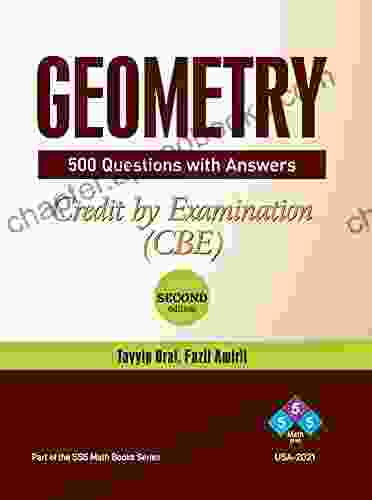
 Jace MitchellUnlocking Geometry Mastery: Conquer the Credit by Exam with "Geometry CBE for...
Jace MitchellUnlocking Geometry Mastery: Conquer the Credit by Exam with "Geometry CBE for... Samuel Taylor ColeridgeFollow ·10.8k
Samuel Taylor ColeridgeFollow ·10.8k John Dos PassosFollow ·12.4k
John Dos PassosFollow ·12.4k Jeffrey HayesFollow ·17.9k
Jeffrey HayesFollow ·17.9k Victor TurnerFollow ·11k
Victor TurnerFollow ·11k Robbie CarterFollow ·9.1k
Robbie CarterFollow ·9.1k Terry PratchettFollow ·8.3k
Terry PratchettFollow ·8.3k J.D. SalingerFollow ·7.3k
J.D. SalingerFollow ·7.3k Giovanni MitchellFollow ·6.5k
Giovanni MitchellFollow ·6.5k
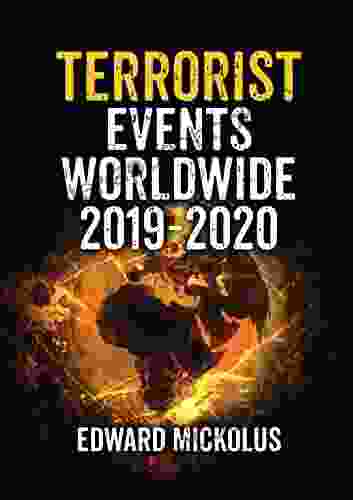
 W.H. Auden
W.H. AudenTerrorist Events Worldwide 2024: A Comprehensive Guide to...
Terrorism is a global threat that affects...

 Carson Blair
Carson BlairBeautifully Uplifting And Enchanting Novel Set In The...
Set in the beautiful West Country, this...

 Jeffrey Cox
Jeffrey CoxAn Utterly Captivating and Uplifting Story of One Woman's...
Immerse yourself in an extraordinary...
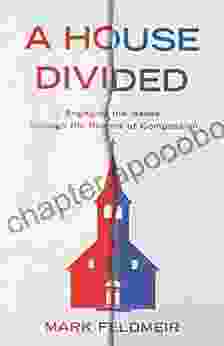
 Greg Foster
Greg FosterEngaging the Issues Through the Politics of Compassion
: The Power of...
4.4 out of 5
| Language | : | English |
| File size | : | 203 KB |
| Text-to-Speech | : | Enabled |
| Screen Reader | : | Supported |
| Enhanced typesetting | : | Enabled |
| Word Wise | : | Enabled |
| Print length | : | 158 pages |
| Lending | : | Enabled |


